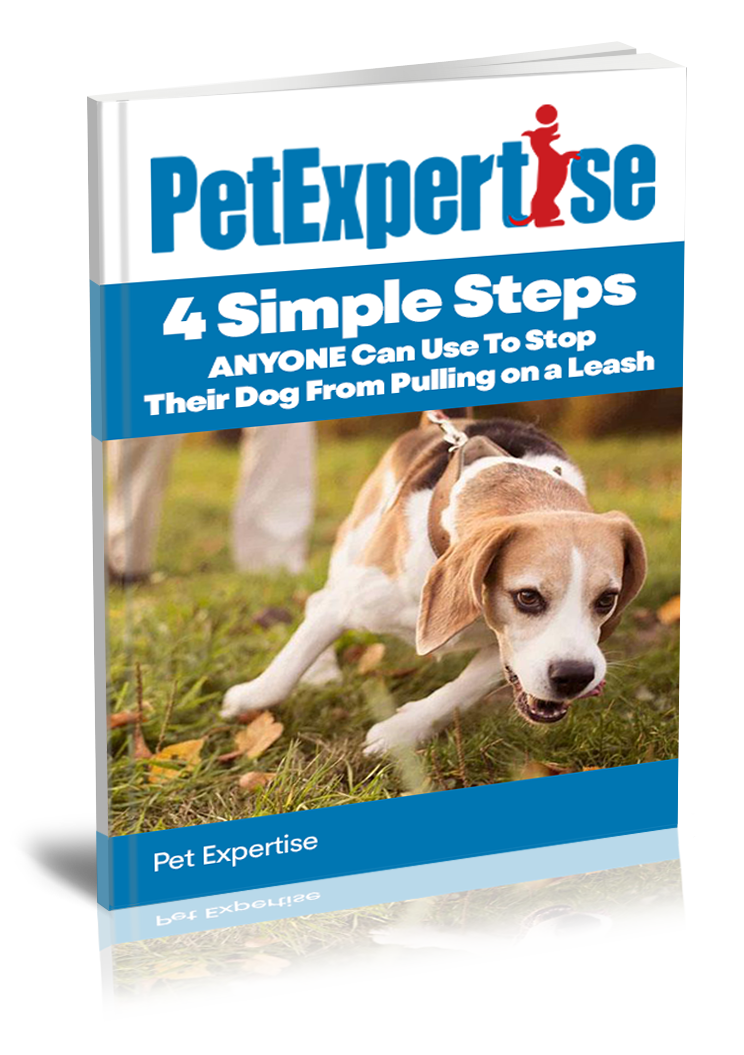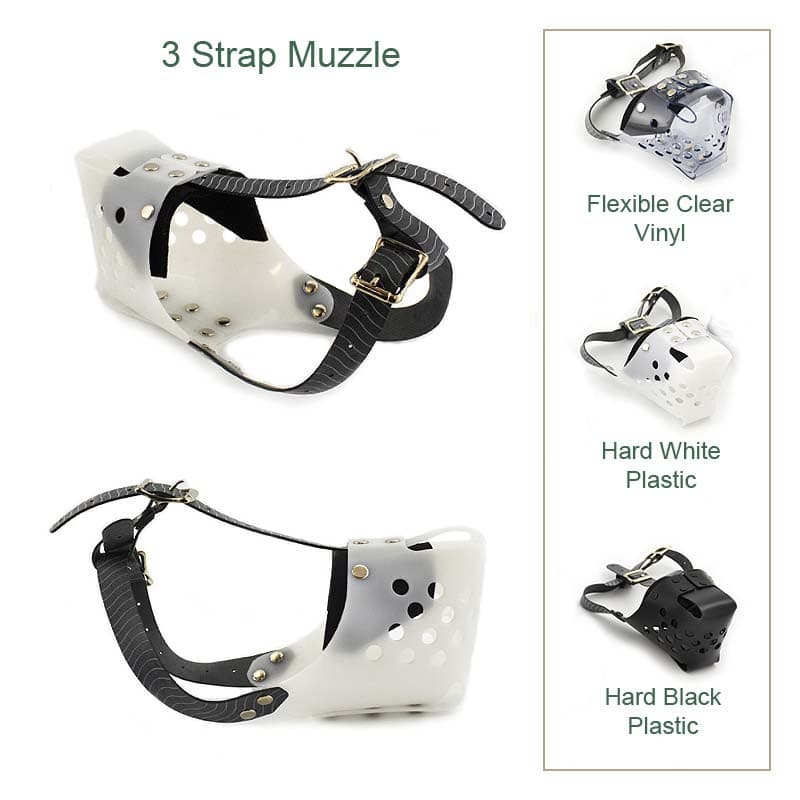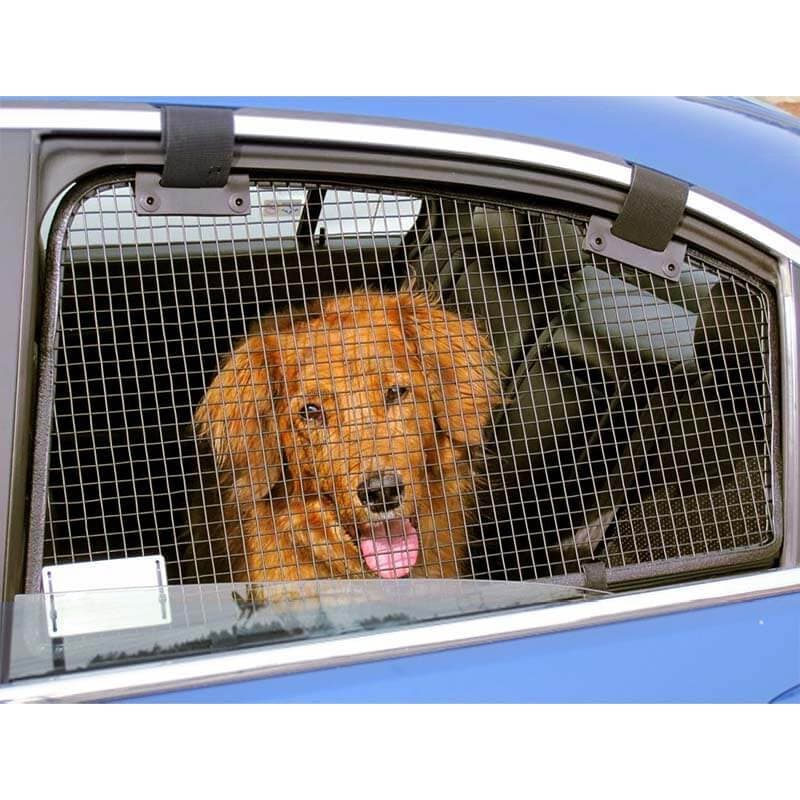What Chews Should Dogs Avoid?

We get it; dogs love to chew. Their inquisitive nature compels them to explore their environment through their mouths, and chewing releases endorphins that make them feel good.
We also know that dog parents love to treat their pets with new chews because they find their chewing habits amusing. After all, who doesn't enjoy watching a pup gnawing away on a toy or snack?
But that doesn't mean it's safe for them to chew on just about anything.
To start, you must recognize that some dog chews can be hazardous to your dog's oral health. Chewing on them can lead to broken teeth, tooth fractures, or even lacerations in the mouth or throat.
4 Dog Chews That Are a Big NO for Your Pet
Below are the top four items you should avoid using as a dog chew.
- Sticks and Wood
Sticks and wood are commonly used by dog parents when playing fetch with their four-legged friends. The problem arises when the dogs start using these sticks as toys and begin chewing on them.
Sticks and wood splinter easily when chewed on. The little pieces can jam into the dog’s mouth, developing an infection or causing painful injuries to the mouth and throat. Also, if your furry baby swallows a wood piece of considerable size, it can lead to intestinal blockage.
Not only this, but sticks and wood often contain parasites, bacteria, and fungi. These can lead to a variety of health issues in your dog, from gastrointestinal distress to more serious illnesses.
- Plastic Bottles
While it’s true that plastic bottles are durable, they are not a safe option for dogs.
They are not designed with your pet’s safety in mind. Plastic is a hard material that doesn’t break down easily by a dog’s teeth. This means pieces of the bottle can easily break off for your dog to swallow, which can lead to serious health problems. There’s also a chance that your furry baby might ingest the bottle cap.
Secondly, the plastic in the bottle can contain chemicals that are toxic to your pup. While the FDA has regulated the types of materials used in plastic bottles, some substances may still be present in small amounts. When ingested, they can be harmful to your pet.
And let’s face it; plastic bottles aren’t very comfortable for your dog to chew on, either. Even if the bottle isn’t breaking up into pieces, the hard surface can be uncomfortable on their teeth. This can lead to mouth injuries and even tooth decay.
- Tennis Balls
A dog chewing on a tennis ball may seem like a cute, harmless sight UNTIL you realize the fuzz on the ball can grind down your furry baby’s tooth enamel, leading to painful dental issues down the road. If swallowed, the felt can create intestinal blockages, too.
Also, the glue typically used contains toxins and heavy metals that may be harmful to your pet if ingested.
Another issue with tennis balls is that they can be a choking hazard for dogs. As your pet chews on the ball, pieces can break off or get stuck in their throat, which can lead to choking or, worse, death.
- Ice Cubes
Ice cubes may seem like a fun and creative way to keep your dog entertained or provide a pup with some relief from teething, but that’s far from the truth.
Chewing on ice wears down the protective cover on your dog’s teeth, leading to tooth and gum problems later. Furthermore, puppies and small dogs can choke on large ice cubes and fracture a tooth or two in an attempt to chew them.
For teething puppies, you may think that the coldness of the ice will help numb their gums and soothe pain, but this is not the case. The coldness can actually cause teeth to crack, break, or wear down.
What Dog Chews Do Vets Recommend?
Generally, vets recommend the following dog chews.
Bully Sticks:
Bully sticks are natural and made from the pizzle of a bull. They’re a single-ingredient treat, so there’s no added sugar, salt, or chemicals.
These dog chews are high in protein and low in fat, which makes them an ideal choice for overweight dogs. They are also long-lasting and can help keep your pup occupied for a while.
Buy bully sticks in bulk here.
Himalayan Dog Chews:
Himalayan dog chews are hard cheese-like blocks containing yak and cow milk. They’re high in protein, low in fat, and free of hormones, antibiotics, and preservatives. Plus, they last a long time and are a great way to keep your dog mentally stimulated.
Buy Himalayan chew treats here.
Antler Chews:
Antler chews come from shed deer, moose, and elk antlers and are a great option for dogs of all sizes. They’re long-lasting and can help keep dogs busy for a while. Plus, they’re high in calcium and phosphorus and are a great source of essential minerals that promote dental health.
Buy Natural Whole Antlers here.
All three options are safe and healthy chew treats for your dog. We recommend talking to your vet to see which is right for your pup and their individual needs.
Why Should You Give Natural Dog Chews to Your Pet?
As the name suggests, natural chews are free from preservatives, chemicals, and artificial colors or flavors. This means they are healthier for your dog than store-bought chews, which can contain unhealthy additives or questionable materials.
Natural chews are excellent at cleaning dogs’ teeth and gums. Chewing on these items will help scrape away plaque and tartar from your pup’s teeth, which can help prevent dental decay and gum disease in the long run.
All in all, giving your pup natural chews means you provide them with a healthy and safe chewing experience while promoting good oral health and reducing destructive chewing behavior.
Get 100% Healthy and Natural Dog Chews at Pet Expertise!
Pet Expertise is a leading provider of natural dog chews. From whole antlers and antler rope chew to bully sticks (single and bulk) and Himalayan chew treats, we have a wide range of organic chew toys available for dogs of all sizes.
See our full collection of chew toys here.- Choosing a selection results in a full page refresh.
- Press the space key then arrow keys to make a selection.



